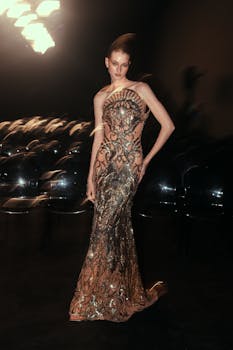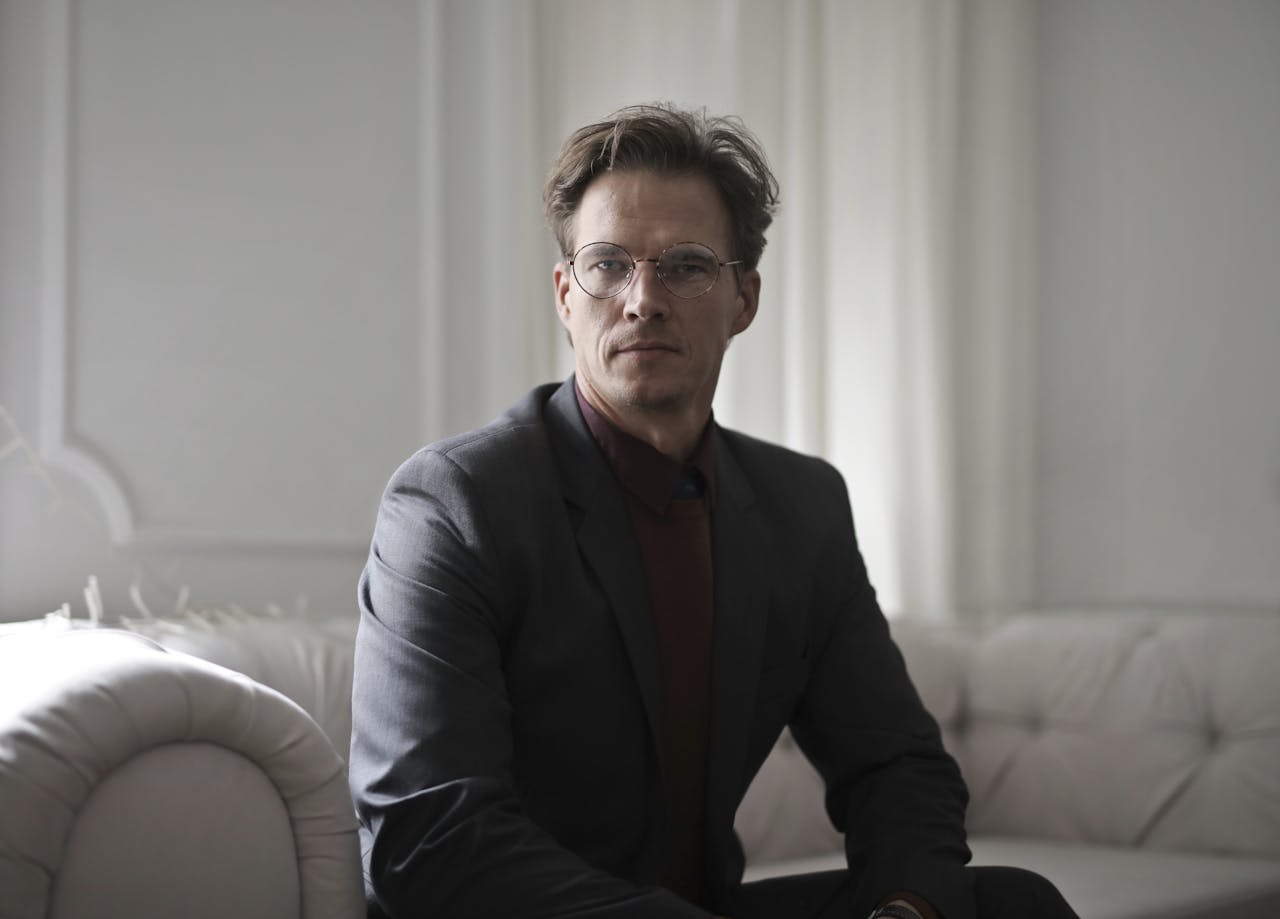
Fashion Week is one of the most anticipated events in the fashion industry, where designers, brands, and fashion houses showcase their latest collections for the upcoming season. These events happen twice a year — in February for the Fall/Winter collections and in September for the Spring/Summer collections. Fashion Week is held in various fashion capitals across the world, including New York, London, Milan, and Paris, collectively referred to as the “Big Four.”
How Did Fashion Week Start?
The concept of Fashion Week originated in the early 20th century. The first official Fashion Week, as we know it today, took place in 1943 in New York City. It was organized by Eleanor Lambert, a publicist who wanted to divert attention from French fashion, which was dominant at the time, and highlight American designers. During World War II, Americans couldn’t travel to Paris, which had previously been the epicenter of fashion, so Lambert saw an opportunity to spotlight local designers. The success of that first event laid the foundation for the global phenomenon Fashion Week has become today.
Paris was actually the original home of the fashion industry long before New York hosted its first event. The roots can be traced back to the mid-19th century when Englishman Charles Frederick Worth founded the first haute couture house in Paris in 1858. By the early 1900s, designers in Paris began to hold shows known as défilés de mode (fashion parades). Eventually, Paris became the quintessential hub of haute couture.
Fashion Week 2024: Where and When?
The global Fashion Week calendar for 2024 features the usual cities:
- New York Fashion Week: February 9-14, 2024 (Fall/Winter) and September 6-11, 2024 (Spring/Summer)
- London Fashion Week: February 16-20, 2024 (Fall/Winter) and September 13-17, 2024 (Spring/Summer)
- Milan Fashion Week: February 20-26, 2024 (Fall/Winter) and September 17-23, 2024 (Spring/Summer)
- Paris Fashion Week: February 27 – March 4, 2024 (Fall/Winter) and September 24 – October 2, 2024 (Spring/Summer)
Fashion Week in these cities consists of runway shows, presentations, private events, and star-studded after-parties that set the tone for the coming fashion seasons. These events feature the biggest names in fashion, from established houses like Dior, Chanel, and Gucci, to emerging designers making their global debut.
Who Will Be There and What Happens?
Attendees at Fashion Week include a blend of fashion editors, journalists, buyers, celebrities, influencers, and wealthy clients of high-end fashion brands. Notable figures such as Anna Wintour, editor-in-chief of Vogue, and stars like Zendaya, Timothée Chalamet, and Rihanna are often spotted front-row at major shows. Influential figures from the fashion industry attend to see new collections firsthand and determine which trends will shape the coming season.
Designers use Fashion Week as an opportunity to showcase their creativity and innovation, often blending artistry with wearability. The runway shows typically feature striking and avant-garde designs meant to captivate the audience and push the boundaries of fashion. However, many designs presented on the runway are modified for commercial appeal when they eventually hit the stores.
Where Do They Go After?
After Fashion Week, industry insiders continue to work behind the scenes to market, distribute, and promote the collections that were just presented. Buyers from major retailers like Bergdorf Goodman, Harrods, and Saks Fifth Avenue place their orders for the upcoming season. Editors and fashion journalists begin curating content for their magazines and websites, shaping trends and opinions. Designers, on the other hand, shift their focus to fine-tuning their collections for commercial production and preparing for the next season’s collections.
For many designers and brands, the work continues through international showrooms, press tours, and private viewings, where clients can order custom pieces from the collections. Celebrities and influencers, meanwhile, begin to be spotted in outfits from the runway, making these new designs desirable among the wider public.
Fashion Week is not just about what happens on the runway, but also about the networking and collaborations that happen off-stage. Many deals are brokered, partnerships are formed, and new fashion talent is scouted during this time, making it a pivotal event for the industry each year.
Conclusion
Fashion Week is not just a showcase of creativity but a central cog in the machinery of the global fashion industry. Whether you are an aspiring designer, a fashion enthusiast, or a member of the industry elite, it’s an event that commands attention. From its historical roots in Paris to the sprawling international fashion calendar today, Fashion Week continues to inspire, influence, and set the trends that define our collective style.

